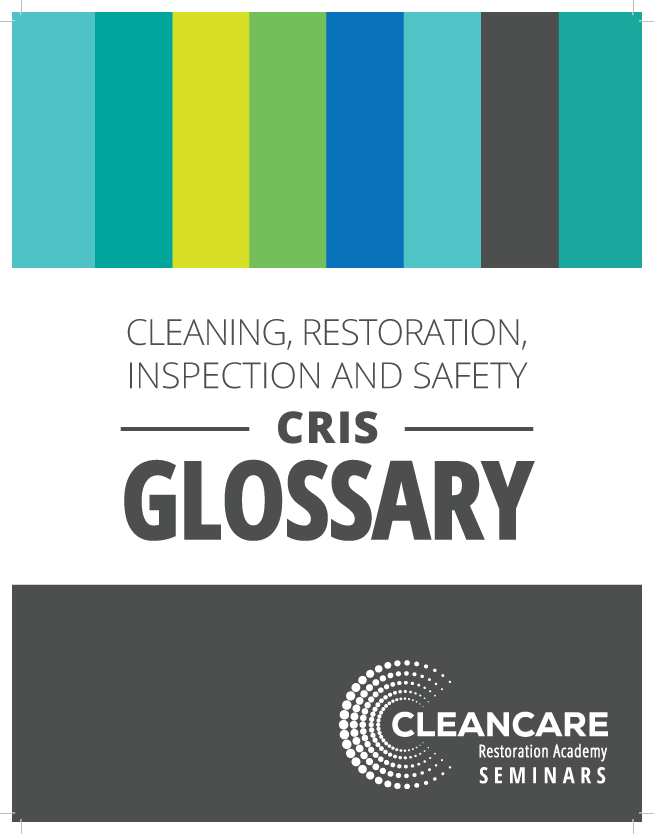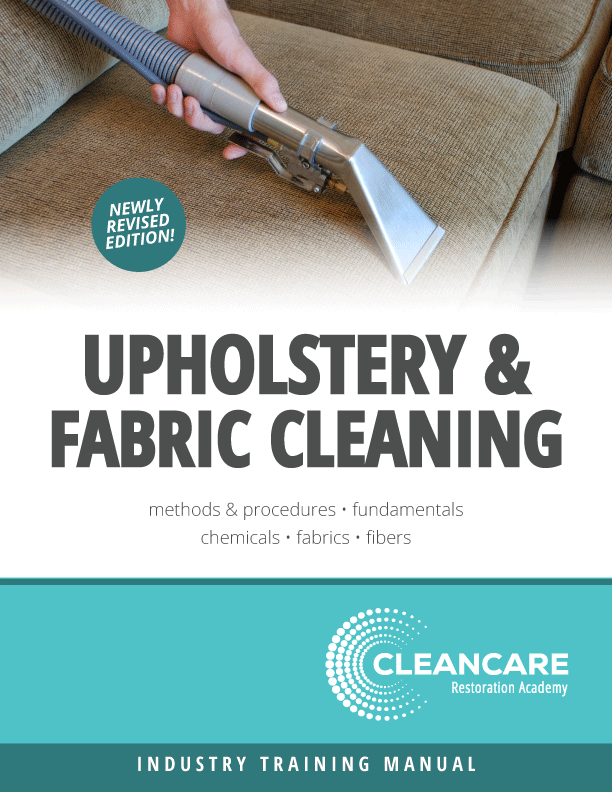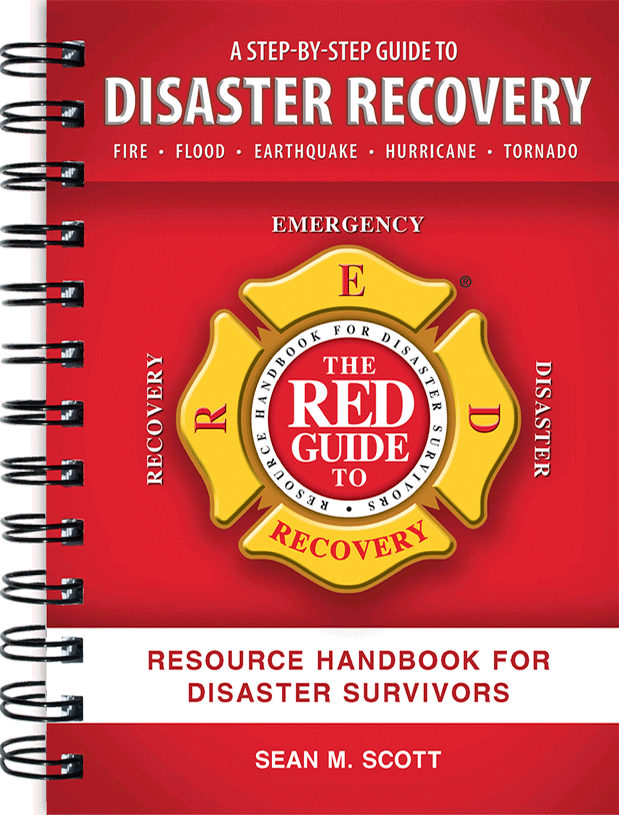Ask Annissa: How Can I Avoid Being the “Middle Man?”
Getting in the middle of a disagreement between the adjuster and the homeowner is a losing situation for the restoration contractor

When a homeowner and the adjuster start disagreeing about what should be covered or not covered on a job I feel like I get pulled in the middle. Inevitably, I wind up being the “bad guy.” How do I keep this from happening?
Getting in the middle of a disagreement between the adjuster and the homeowner is a losing situation for the restoration contractor. Seems like no matter how hard you may try to be the “nice guy”and try to help them both get what they want, you end up being the person who doesn't get what you wanted out of the deal. And that’s a homeowner singing your praise and an adjuster that only wants to call you for any future job that comes across their desk.
There are some things that you can do to help keep you from becoming the “bad guy”in these types of situations.
- Don’t take sides: They are essentially both your clients. The homeowner may have hired you, but you do want to get in the adjuster’s good graces so he will want you on more of his losses and recommend you to his clients. However you want the homeowner to refer you and give you a raving testimonial as well. It is a delicate balance but you can be supportive of everyone involved with a little finesse and a bit of patience. It’s important that neither party feels like you are against them or you will be immediately identified as the enemy and that is the last thing you want.
- Watch what you say and how you say it: One word can change an entire sentence and its meaning, which could cause a homeowner to believe that you said their insurance company will cover something when in fact it won’t. This doesn't mean you can’t have an opinion and give input on the circumstance, just remember to choose your words carefully so you do not overcommit the adjuster. When asked if something is covered or not by the insurance company, let the homeowner know that you do not know the details of their particular policy and they should call their agent or adjuster and ask for those details.
- It’s not up to you to agree: Some insurance policies have exclusions and language that has to do with local or state laws that may limit coverages. Just because something was covered on another loss that you may have handled with an insurance company doesn't mean that under the current situation those same coverages apply. And the insured may have opted out of certain coverages. What is important for you to do is give your professional observation of the how and the why and then let the adjuster explain the insurance policy and what it encompasses.
Do not try to interpret an insurance policy and commit an adjuster by speaking for them. If you work at being the solution partner for both parties involved, you will ensure a win for everyone.
Looking for a reprint of this article?
From high-res PDFs to custom plaques, order your copy today!









